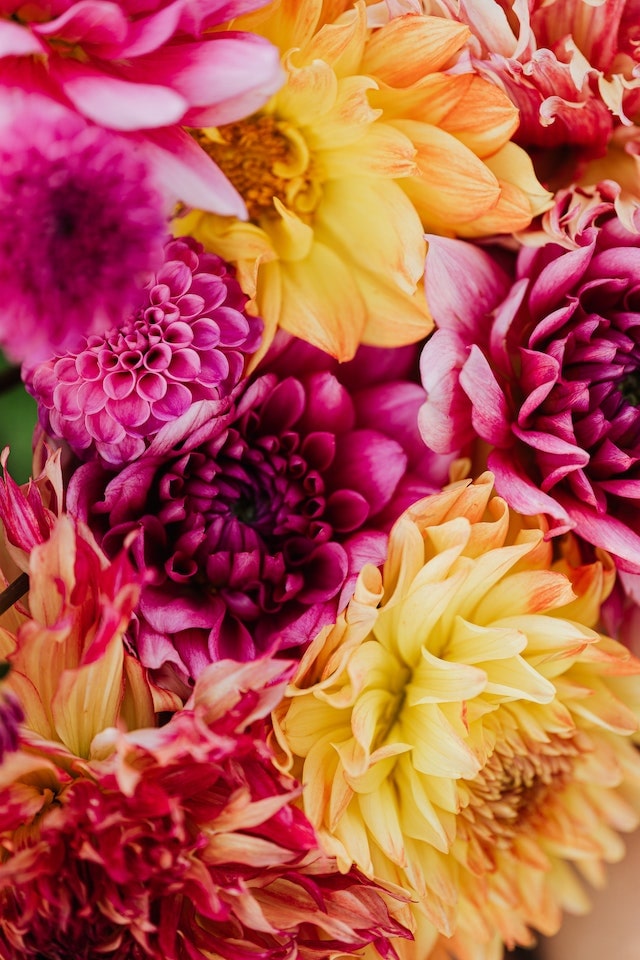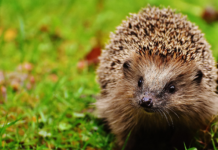‘Hay fever’ searches have spiked 160% in the 90 days. Knowing which houseplants can worsen your symptoms is essential for improving your body’s response to hay fever and overall health. Experts from Bed Kingdom reveal which houseplants release high pollen levels into your home and the best hypoallergenic alternatives to replace them with. Swapping in hypoallergenic plants can help reduce allergens in the home when the pollen count is high and likely to interfere with sleep.
The worst plants for hay fever
Nature is in full bloom, but some houseplants may worsen your symptoms. The worst offenders are air-pollinated plants. The more you have around, the more pollen is in the air.
Check if your home contains any of the following plants, which are some of the worst for hay fever:
Daisies
Daisies are highly allergenic and top the list of the worst plants for hay fever. Many plants in the daisy family produce high levels of pollen that people with allergies can be highly sensitive to.
Baby’s breath
A small, sweet flower that packs a big punch – baby’s breaths are one of the worst offenders for allergies. A National Library of Medicine study concluded that these plants contribute to allergy sufferers’ symptoms and are a potential trigger for asthma. Single-flowers are reportedly worse for allergies than its double-flower variant.
Chamomile
Chamomile makes a soothing herbal tea, but it’s not so great for allergy sufferers. It’s a member of the daisy family, which are heavy pollen producers. If you’re extra sensitive to pollen, avoid both the flower and the drink.
Chrystanthemums
A popular houseplant, chrysanthemums bring bursts of colour to our homes and gardens, but they should be avoided due to the high levels of pollen they carry in just about every part of the plant.
Sunflowers
The sunny petals of sunflowers may bring joy, but the large disks carry huge amounts of pollen that can easily travel in the air and make hay fever worse. It’s best to keep sunflowers out of the home during summer.
Dahlias
Dahlias are another which produces high amounts of pollen. Luckily, there are hybrid varieties available that allergy sufferers may enjoy without making symptoms worse.
English lavender
Lavender’s attractive colour and fragrance make it a favourite in English gardens. However, its strong scent can aggravate allergic reactions. It’s typically wind-pollinated, meaning its airborne pollen will likely land on you.
The best hypoallergenic plants
Instead, consider switching to some low-pollen alternatives, which tend to be insect-pollinated, and the pollen is usually protected by its flower and too heavy to be carried in the air:
Roses
Roses contain little pollen, and the pollen they carry isn’t airborne, making them ideal if you’re sensitive to allergies or looking for a hypoallergenic flower to gift.
Daffodils
Daffodils still contain some pollen, though not nearly as much as other flowers. Insects carry their pollen instead of the wind, and the pollen they contain is protected by its head.
Crocuses
Crocuses are another insect-pollinated plant that contains pollen too heavy to be airborne.
Pansies
Pansies and violas are perennial, meaning they return every year, and won’t aggravate your symptoms either!
Tulips
A popular spring flower and addition to arrangements. Tulips are another smart choice that makes a great flower in homes for people with allergies.
Orchids
Sleek orchids are another hypoallergenic plant due to their sticky, heavy pollen that is secured inside the flower and can’t get carried in the air.
A spokesperson from Bed Kingdom had this to say:
“Allergies are unavoidable while outside, but there’s much we can do to keep pollen out of the home. These tips will help you identify the plants which can trigger your hay fever symptoms and provide smart alternatives that let you bring flowers into the home and garden safely, knowing the pollen is far less likely to spread.”
Help keep news FREE for our readers
Supporting your local community newspaper/online news outlet is crucial now more than ever. If you believe in independent journalism, then consider making a valuable contribution by making a one-time or monthly donation. We operate in rural areas where providing unbiased news can be challenging. Read More About Supporting The West Wales Chronicle


























